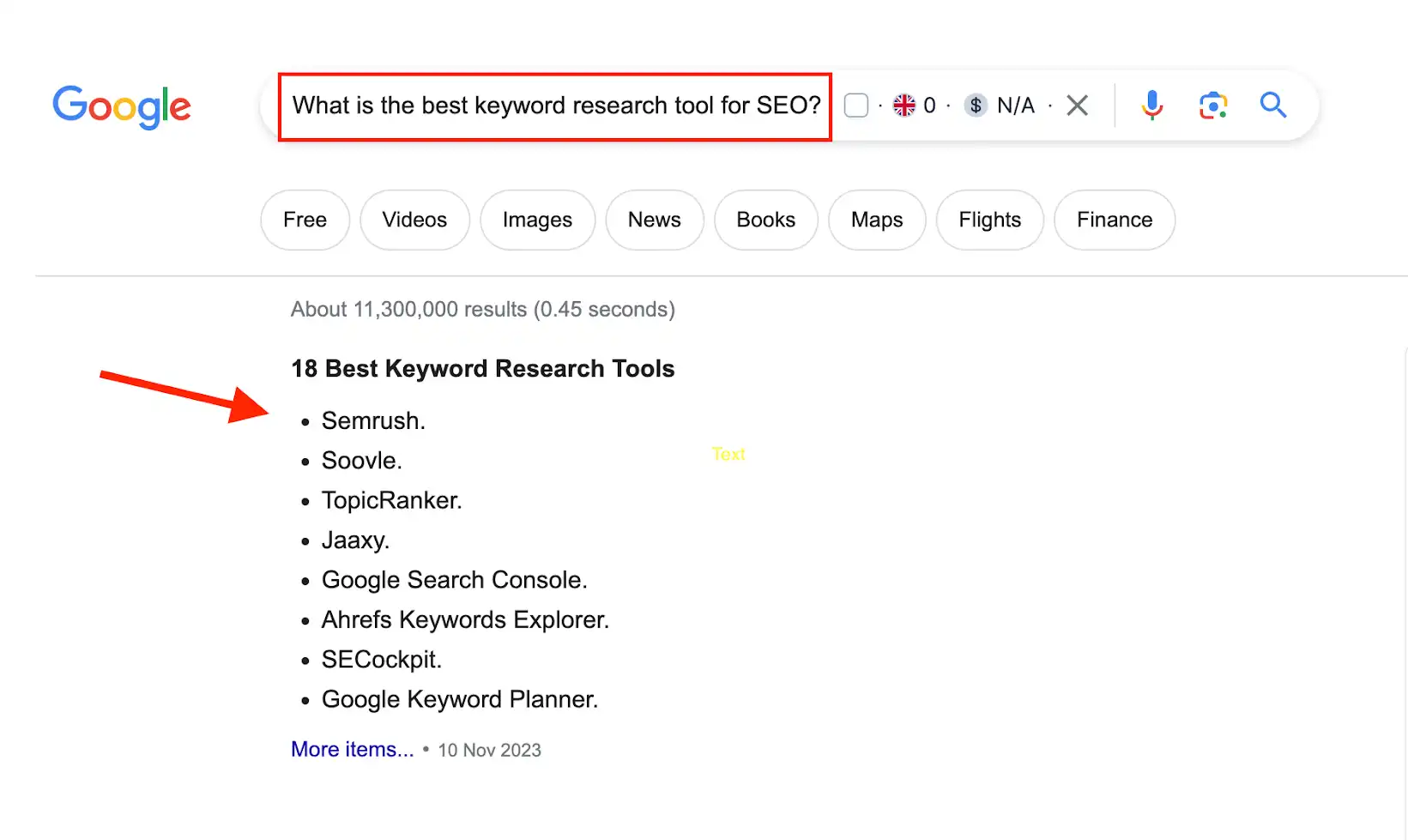3. Topic Authority
Topic authority is an essential ranking factor in modern SEO. Businesses that focus on building a strong brand presence and promoting expertise will see numerous benefits in search engine rankings. As Google’s algorithm updates become more sophisticated, they’re focusing on content that displays expertise, authoritativeness and trustworthiness.
By creating high-quality content, optimising for keyword relevance and developing a strong social media presence, businesses can establish themselves as experts in their industry and boost their ranking performance.
How to adapt:
Adapting to the Topic Authority trend involves a strategic combination of content creation and digital marketing.
Focus on creating high-quality, in-depth content that thoroughly covers your industry’s topics. Not only should this content be informative and useful, it should be unique and distinguish your brand as a thought leader.
Optimise your content for relevancy, using industry-specific keywords in a natural and meaningful way. This will help search engines understand the context of your content and its relevance to user searches.
Establish a robust online presence. Use social media platforms to share your content and engage with your audience. The more your content is shared and interacted with online, the stronger your Topic Authority becomes.
Build a network of relevant, high-quality backlinks. Links from authoritative websites in your industry can significantly boost your Topic Authority in the eyes of search engines.
Remember, building Topic Authority is a long-term process. The rewards, however, in terms of search engine ranking and online visibility, make the effort worthwhile.




